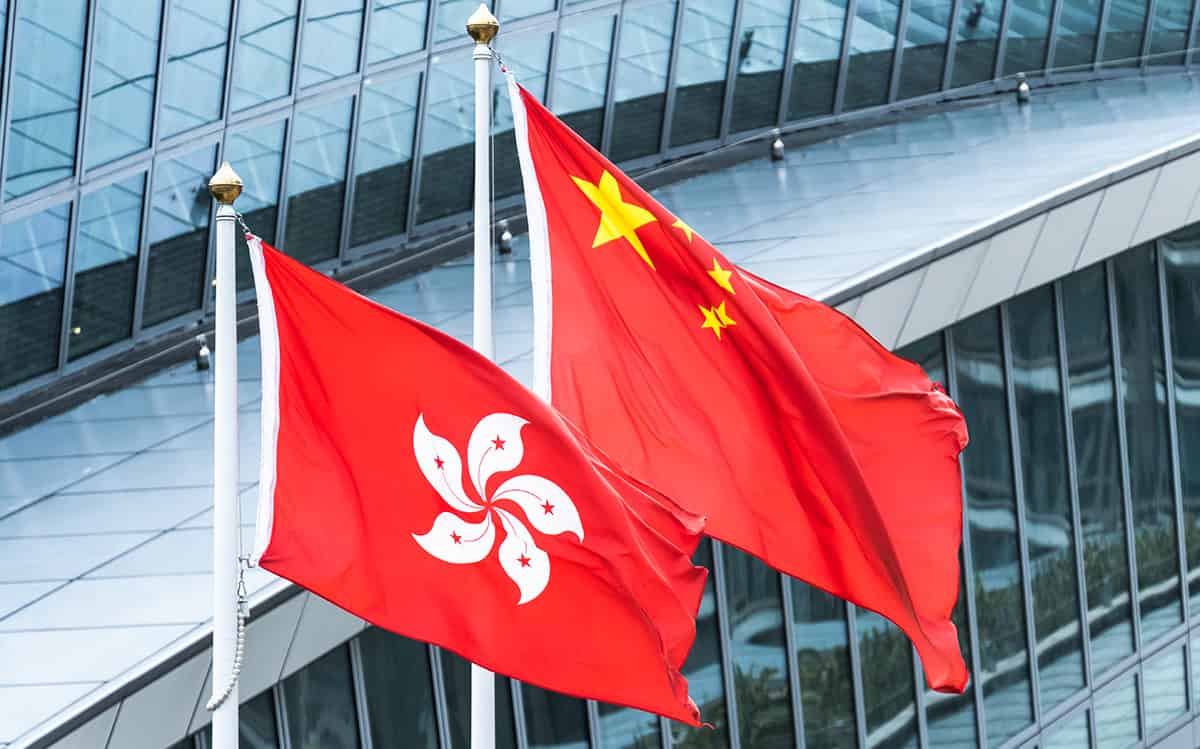Hong Kong is positioning itself as a hub for insurance-linked securities (ILS), particularly catastrophe bonds, as it aims to aid global fundraising for managing natural disaster losses.
Clement Cheung, CEO of Hong Kong’s Insurance Authority (IA), has emphasized the necessity of creating the right ecosystem for this endeavor. The city is witnessing increased engagement with issuers and investors, especially in China’s Greater Bay Area, alongside efforts to enhance talent and risk modeling capabilities in local universities.
A key challenge in natural-catastrophe insurance coverage is the scarcity of data, hindering risk assessment and underwriting. Hong Kong, considered a global financial center, has the potential to attract transnational entities and international insurers to issue ILS instruments. Notably, the World Bank listed $350 million in catastrophe bonds in Hong Kong in 2023, securing Chile against earthquake-related financial risks.
Catastrophe bonds transfer extreme weather risk to capital markets, expanding insurers’ capacity to underwrite higher risk. With global cat bond issuance reaching a record $15 billion in 2023, advocates tout ILS as a valuable tool for disaster risk management, offering investors asset diversification unaffected by interest rates and capital market fluctuations.
Despite efforts to grow the market, Hong Kong has seen limited success with only a few issuances, primarily for Chinese perils. In contrast, Singapore attracted high-quality issuers like Japanese carriers Tokio Marine and MS&AD—according to Mithun Varkey, editor in chief of Insurance Asia News—highlighting the competition between the two financial hubs.
Asia-Pacific and Africa remain highly vulnerable regions, with minimal insurance coverage for natural-disaster losses. While Hong Kong’s government has shown support for ILS development through regulatory measures and grant schemes, challenges persist, including investor awareness and market depth.
Hong Kong’s IA is engaging with potential issuers, including insurers, reinsurers, and Chinese municipalities, to expand the market. However, Varkey says Chinese insurers remain hesitant due to perceived higher costs compared to traditional fundraising methods. In contrast, Singapore has made strides in ILS, offering cybersecurity cat bonds and renewing grant schemes for longevity and mortality coverage. The competition between Hong Kong and Singapore underscores the importance of fostering a conducive environment and addressing market challenges to realize the potential of ILS in the region.




